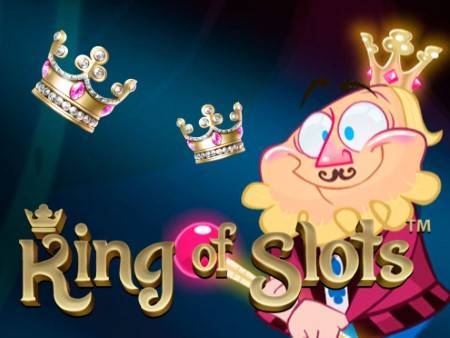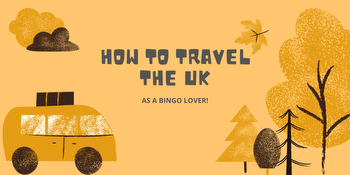Can Online Bingo Continue to Thrive in the UK?

Bingo is on the up, with online providers seeing growth in the United Kingdom over the past 12 months.
One of the key pointers to the ongoing success of the industry is the data seen on Google Trends, which demonstrates that searches rose by 100% in March last year, and have remained above the pre-lockdown level almost ever since. In an article on iGaming Business, it is explained that the number of people playing bingo increased 60% year-on-year also, and with further travel restrictions still in place around the United Kingdom, people remain at home and looking for something to pass the time.
The pandemic may well be to blame for the sharp spikes in popularity in March and later in the year, but that was only a catalyst for an already booming sector within the iGaming industry. Another key factor is the demographic of players which bingo appeals to. It has always been a pastime associated with female players between the ages of 30 and 55, and that is the case within the online sector too. That demographic is rated as lucrative when it comes to cost per acquisition (CPA), cross-sell potential and brand loyalty. Essentially, bingo might be a niche product, but it is aimed at a customer base which is dedicated, often loyal and willing to spend a little more.
That loyal bingo fanbase also has a strong cultural foundation which providers can exploit for their own growth. According to Foxy Bingo, the origins of the game can be traced back over 500 years to Italy, but it surged in popularity after World War II in the UK. The 1960 Betting and Gambling Act made it a legal form of gaming throughout the country, at which point it moved into the mainstream. Bingo halls popped up all over the country, with 14 million players taking part by 1963, from a population of 53 million. By 1983, there were 1,600 bingo halls across the country, from the big cities to small towns. Even in the smallest villages without dedicated halls, local community venues would often host a bingo night.
Britons grew up with bingo, and the core demographic of today perhaps recall going to a bingo night with their parents, or grandparents and see it as part of a family tradition, something that invokes positive memories. Whilst halls cannot currently open, the more social nature of online providers means that despite not having dabbers and nibbles, players can still gather with friends and experience the thrill of playing the game. For some, that might be the only current social interaction they have all week.
It is believed that online bingo was responsible for £198 million of the £5.3 billion the online gaming industry yielded in the financial year 2018/19, a figure that will doubtless have risen courtesy of last year’s restrictions. With travel restrictions in place across the UK and bingo halls still closed, it is likely the online sector that will continue to see strong returns for providers. Indeed, of gaming participants in the UK in December 2019, 24.2% said they had taken part in a game of bingo. That included at physical locations too, but with those locations closed, players turn online and many may not go back. Indeed, with the current environment pushing people to mobile devices, there is also scope for a new type of customer to discover bingo. Trendy locations in London and other big cities have sought to redefine the preconception of the game, and in turn, had attracted a younger customer who may also follow the lead and head online. The very nature of the industry, accessible on a mobile device and with a wide diversity of providers and games, also lends itself to growing a new customer base who are younger, tech-savvy and seeking the excitement of iGaming during challenging times.
That is why the online bingo industry in the UK is likely to go from strength to strength, especially as it not only caters for its loyal core demographic but also spreads appeal to a more diverse audience.





































